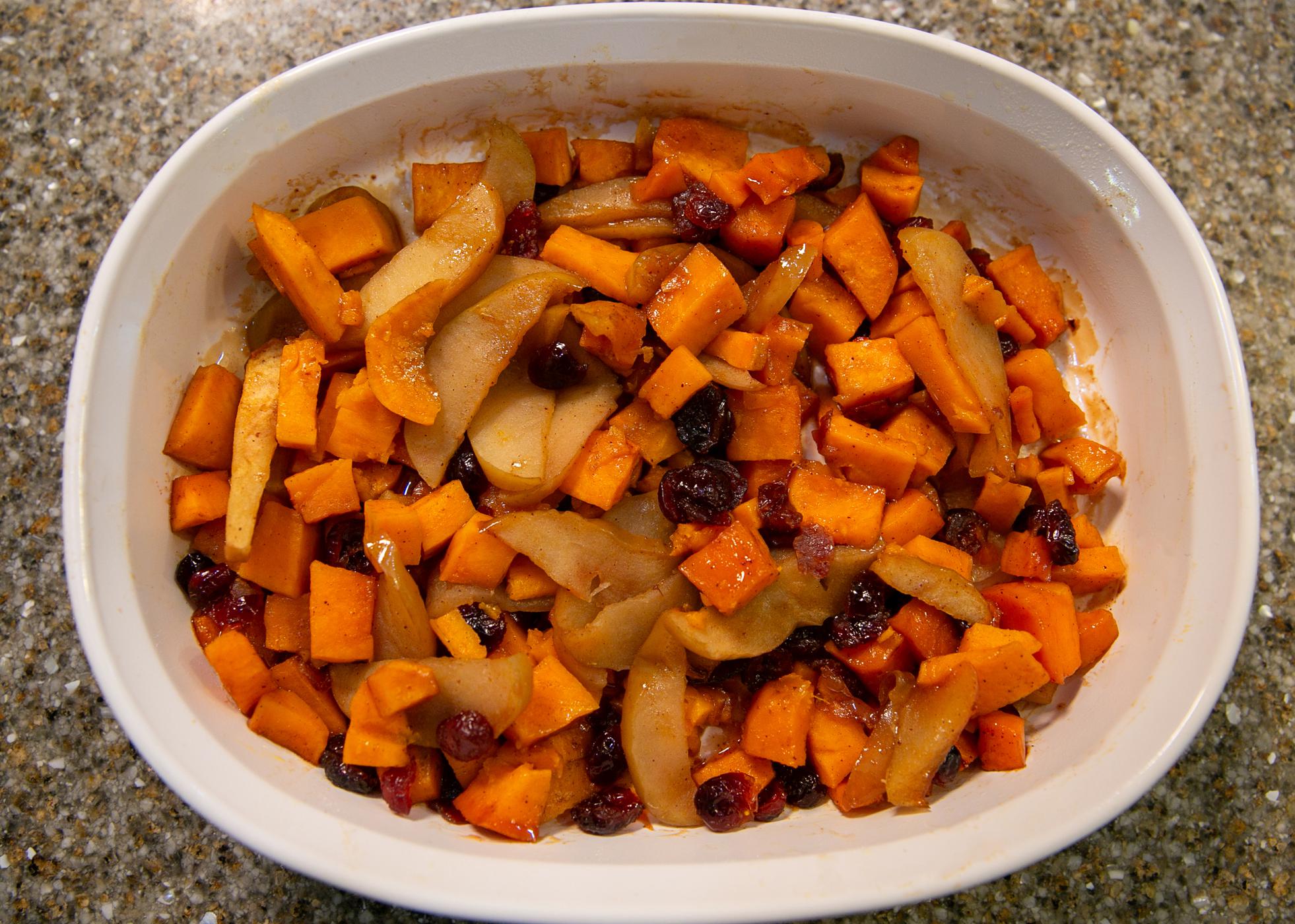How to Slow Brain Aging
Video by Jonathan Parrish
Does diet play a role in brain health?
Research shows that eating certain foods may slow brain aging.
Here are five power foods to include in your diet:
Vegetables. Especially leafy greens like collards, turnip greens, kale, and mustard greens. Greens are packed with nutrients like Vitamin E, flavonoids, and folate. Fresh, frozen, and canned vegetables all are nutritious, so load up on vegetables. Look for no added salt and sugar versions when choosing canned or frozen vegetables.
Berries and cherries. The darker the berry, the sweeter the juice, and the greater the health benefits for your brain. One of my best childhood memories was picking and eating blackberries with my friends. In Mississippi, blackberries are likely in abundance in most areas during the summer months. Take advantage of that, and pick, eat, and freeze some for later.
Olive oil, herbs, and spices. Consider using more spices and herbs to boost flavor and cook with olive oil. Spices and herbs provide flavor and potential health benefits. Check out Gary Bachman’s Southern Gardening column if you’d like to try herbs in your late summer garden.
Nuts. Nuts are a good source of healthy fats and protein. They provide a good amount of fiber and are packed with Vitamin E.
Omega 3 fatty acids. You’ve probably heard you need to eat more fatty fish (cold water fish) like salmon, tuna, sardines, and trout to boost your intake of these fats. One of the 11 types of Omega 3 fatty acids is DHA, or docosahexaenoic acid, and it’s found in fatty fish. Some research shows that brain and nervous system tissue may prefer DHA. Aim for 2 servings, or 8 oz., of fatty fish per week, according to the American Heart Association and the Dietary Guidelines for Americans.
But if you’re a vegetarian, allergic to fish, or don’t like fish, you can get Omega 3 fatty acids from other sources like walnuts, flax seeds and chia seeds.
While there is no guarantee that these foods will improve your memory, they do support overall good health.
A few things to keep in mind:
- For some people, DHA supplementation may be necessary. Speak with your doctor or registered dietitian to determine if you need supplementation.
- Broiling or grilling are healthy cooking options for fish and lean proteins.
- Roasting vegetables brings out great flavor. Check out the Food Factor’s Easy Roasted Vegetables recipe.
- Try meat-free meals sometimes to increase your intake of plant-based foods. Consider a meatless Monday. Check out Extension Publication 3430, “COVID-19 14-Day Meal Plan” for more meatless meal ideas.
- Healthy lifestyle choices, including regular physical activity, are good for your heart and brain. For optimal health benefits, aim for 150-300 minutes per week of physical activity. That’s just 20 to 40 minutes per day of walking, dancing around your house, or riding bikes with the kids.
For more information about healthy eating, visit the American Heart Association’s Healthy Eating web page.
Visit the Alzheimer’s Association website to learn more about diets that can help reduce heart disease and may lower the risk of dementia.
The National Institute on Aging has a variety of diet-related information on its Healthy Eating page.
Check out the Academy of Nutrition and Dietetics food webpage for more on healthy eating.
Subscribe to Extension for Real Life
Fill in the information below to receive a weekly update of our blog posts.









